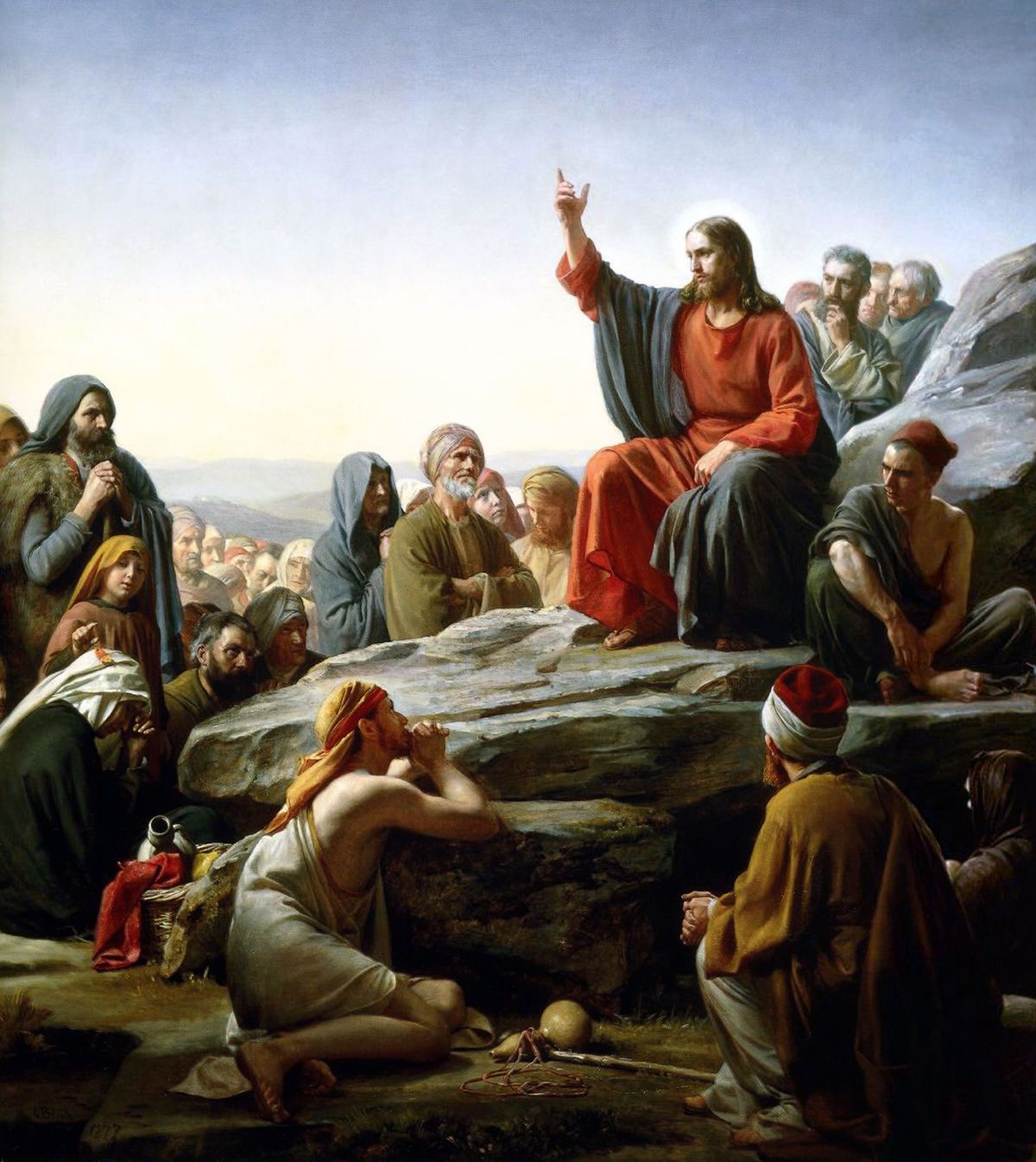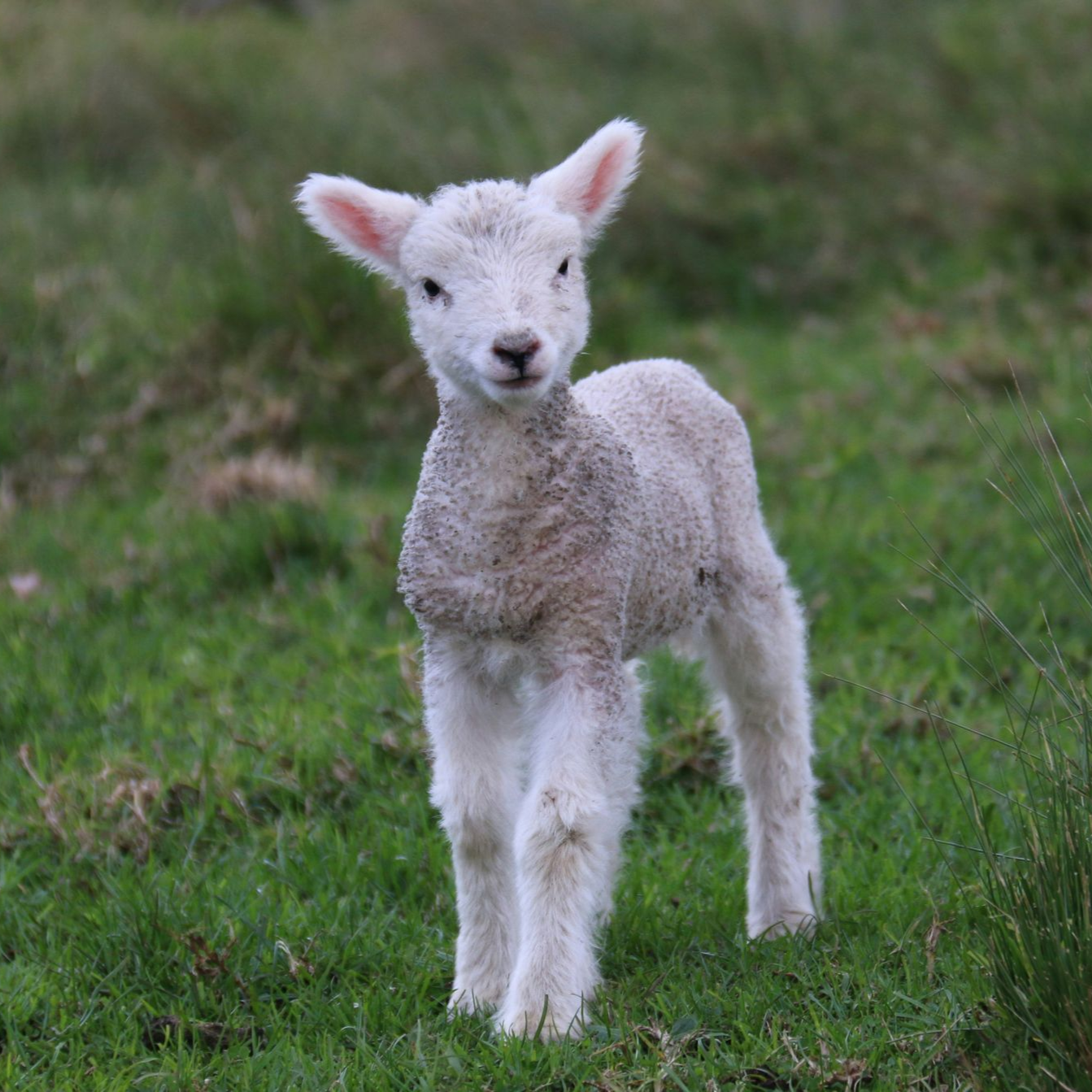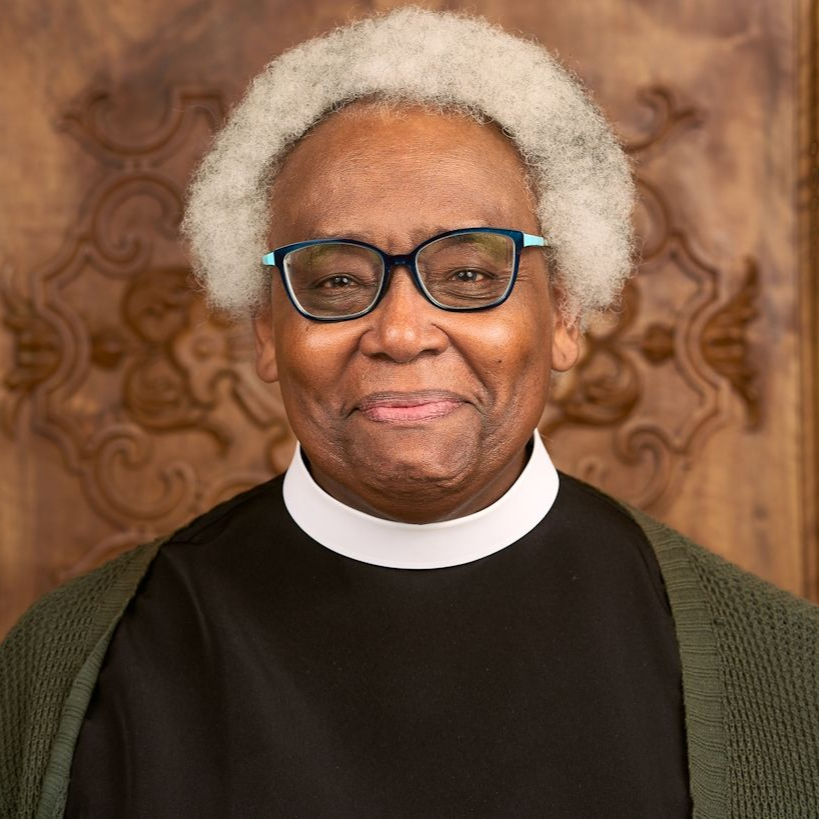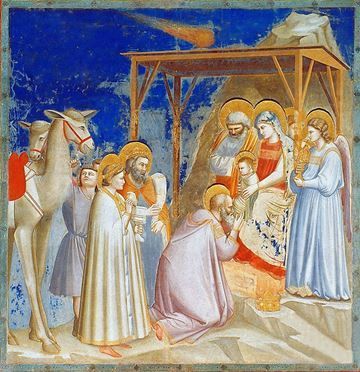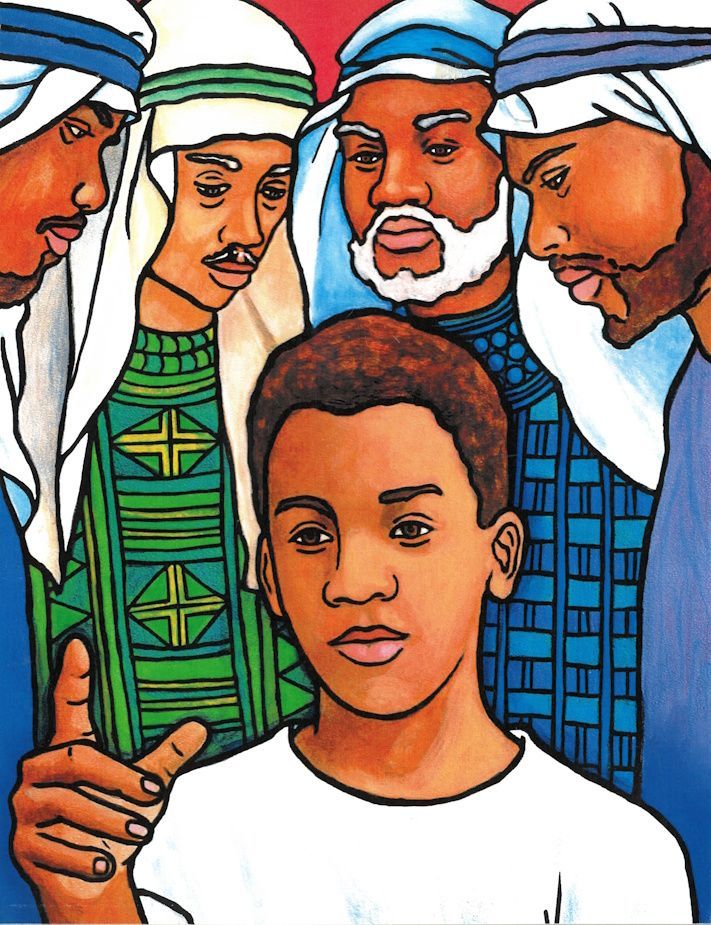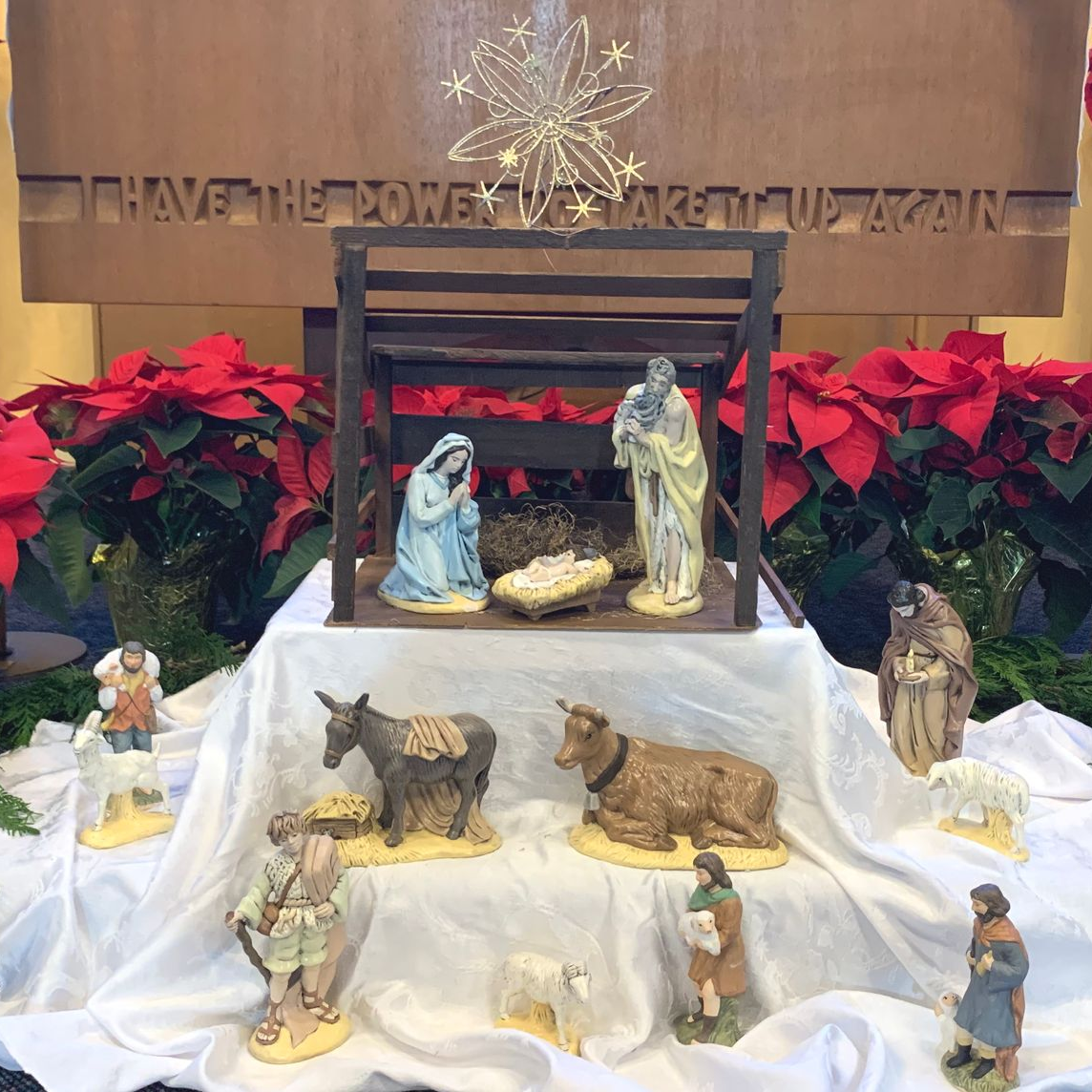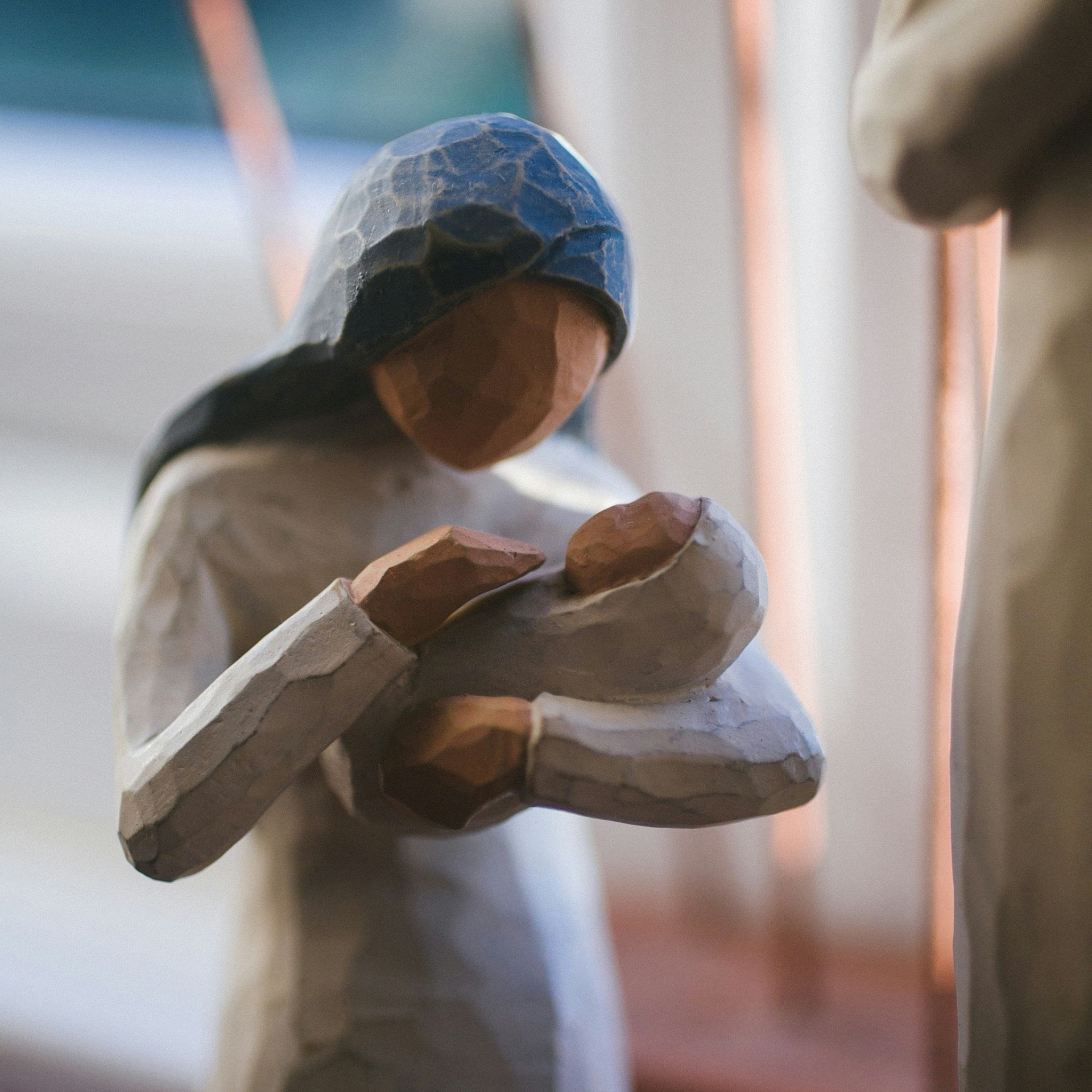The Controlled Burn
Why is Jesus being so hateful and divisive? Why can’t he bring people together instead?
2025-43
sermon preached at Church of the Good Shepherd, Federal Way, WA
www.goodshepherdfw.org
by the Rev. Josh Hosler, Rector
The Tenth Sunday after Pentecost (Proper 15C-Tr1), August 17, 2025
Isaiah 5:1-7 ;
Psalm 80:1-2, 8-18 ;
Hebrews 11:29-12:2 ;
Luke 12:49-56
In today’s gospel reading we’re a little past the halfway point in the narrative, which is Jesus’ transfiguration on the mountaintop and his conversation with his forebears, Moses and Elijah. I’ve come to understand the transfiguration as the moment when Jesus became crystal clear that the cross was his destination. Jesus was baptized in water at the beginning of his ministry. His baptism by fire comes with his willingness to face death for the sake of all humanity.
Until that happens, Jesus is stressed out, and his feelings are spilling over into his teachings. I can hear the anxiety in his voice as he opines, “Do you think that I have come to bring peace? … No, I tell you, but rather—division!” Matthew’s parallel passage says, “Not peace, but a sword!” And then Jesus goes on to describe families pitted against each other, even under the same roof.
I can hear the murmurings of the crowd: “Why is Jesus being so hateful and divisive? Why can’t he bring people together instead?” We might well wonder along with the crowd. I mean, he is Jesus, right? It’s a fair question.
For some reason we may have an image in our heads of a Jesus who is tranquil, even passive, in the face of evil. We remember that he said to “love your enemies” and “turn the other cheek,” and we remember that he allowed himself to be crucified. If this were all we knew of Jesus, we might imagine him to be a naïve marshmallow just waiting for God to raise him from the dead so he could finally exercise some real power!
But even a little familiarity with the Bible shows us that this is foolish. Consistently, through all four gospels, Jesus is both graceful and blunt. Consistently, and in keeping with all the ancient prophets, Jesus’ most graceful words are for the poor and persecuted, while his most doom-laden words are for the rich and powerful.
In Jesus we see the human embodiment of Isaiah’s God, the one who sang the love song to his vineyard, only to find that the vineyard had cheated on him by yielding nasty-tasting fruit instead of the good fruit he had planted. It sounds like Jesus has also given up and is crying out, “Tear down the hedge! Break down the wall! Stop up the rain! Burn it all to the ground!”
Honestly, I think this makes Jesus way more relatable. These days I get why someone might just say, “Burn it all to the ground.” Isn’t that what it will take to finally bring freedom to the prisoners, provision to the poor, hope to the downtrodden? To know that Jesus felt this way in the first century is more than a little reassuring.
For Jesus does seek a complete realignment of society—not through wealth and power, but through the surrendering of power that is even more powerful: love. By necessity, then, Jesus shows up not to make the world simpler, but more complicated. The very fact of him divides us, because this is how people are.
We might prefer that God stop all human sin just by snapping the divine fingers, or just by presenting clear commandments for us to follow. But if that were the case, we’d all have returned to the Garden of Eden ten minutes after Moses came down from the mountain. We know how this really goes: God plants good grapes, but inexplicably, poisonous fruit grows instead. God speaks truth through the prophets, but we reject their words. God shows up in person as one of us … and we kill him.
So when Jesus talks about bringing fire to the earth, I get it. We have met the enemy, and he is us. We have concentrated our wealth and resources among very few in the name of “progress.” We have wrecked our planet, and that is affecting the poor first. We continue to allow all sorts of injustice. When we do gather the courage to fight evil, we go about it all wrong. We lump people into broad categories so we can make excuses for our violence against them. And by using violence we accomplish, at best, a sickly parody of what God desires for us.
But here’s the thing. Jesus doesn’t show up to add more conflict to our conflict-ridden world. He shows up to make clear what the real conflicts are—to expose our true loyalties. Our real conflicts are not about nation or political party or skin color. Our real conflicts are within our own household, between family members who can no longer deal with each other, so they no longer speak to each other.
Our real conflicts are even within ourselves—between the urge to love and the urge to shore up our power—between the urge to rise above and the urge to stoop lower—between the urge to allow for slow, patient change, and the urge to just fix it, no matter how many people get hurt. By our fruits we are known, and we continue to yield wild, inedible grapes. By the light of the torch in Jesus’ hand, we can finally see this.
Is all hope lost? No. We don’t get this context from today’s reading, but throughout this chapter of Luke’s gospel, Jesus is also blessing us with some of his most reassuring words. “Are not five sparrows sold for two pennies? Yet not one of them is forgotten in God’s sight … Do not be afraid; you are of more value than many sparrows … Do not keep striving for what you are to eat and what you are to drink, and do not keep worrying … Instead, strive for his kingdom, and these things will be given to you as well.” And, if you remember from last week: “Do not be afraid, little flock, for it is your Father’s good pleasure to give you the kingdom.”
The gracious words and the blunt words sit side by side, just as with the prophet Isaiah, who today uses one of the most wonderful examples of wordplay in the Hebrew Bible: “[God] expected mishpat—justice—but behold, mishpah—bloodshed! ‘Tz’daqa’—righteousness—but behold, ‘tz’aqa’—a cry of distress!” Injustice reigns in the land, in Isaiah’s time and in every time.
Yet the people of the world are still God’s vineyard, God’s pleasant planting. For the sake of winning us to the side of love, God is always ready to give more than we either desire or deserve. The harvest time will come no matter what, but the crop is precious. So the task of the vintner is to burn up the weeds inside you. You are God’s beloved. You are eternal and will not—cannot be destroyed, even by death. Do you get that—really get that? We are intended to be God’s harvest and to live eternally in God together, starting right now.
I don’t know about your own experience of God’s love, but let me tell you mine. It was only once I truly understood myself to have yielded nasty, stinking, wild grapes that I felt Christ at work within me, redeeming my life. Sin-and-redemption is not a narrative that our culture is comfortable with, but it is a narrative that defines who I am in relationship to my creator. When I was in the pit, God jumped down into it with me and held me and called me “beloved.”
I didn’t become a better person through logic or willpower or shame, or to get something from God. I became a better person because I am loved. I love because God first loved me. So do you see? Becoming a better person is not a prerequisite for our salvation, but a likely by-product of it.
The call here is to humility—to say, “Every day I do wrong. Even when I keep my own peccadilloes under control, I sin just by participating in an unjust society. I cannot extract myself from it, no matter how I try! So I consent to the fire. Please, God, burn up all that is worthless in me and till my ground for new growth.” The harvest will come through a controlled burn, and Jesus has come to spark the flame—not to shout “burn it all down!,” but to carefully, carefully separate the evil in us from the good in us.
As I look around Good Shepherd these days, I see good grapes ripening for the harvest. Now, it’s not like we are incapable of producing wild grapes—after all, this story is for us, not just some kingdom next door. But God has given us more than we could ever deserve. So let’s relax into God’s love and grow more closely together, allowing the vintner to grow good grapes in us. For that, my friends, is God’s dream for this vineyard, and we are the planting of God’s delight. Amen.



